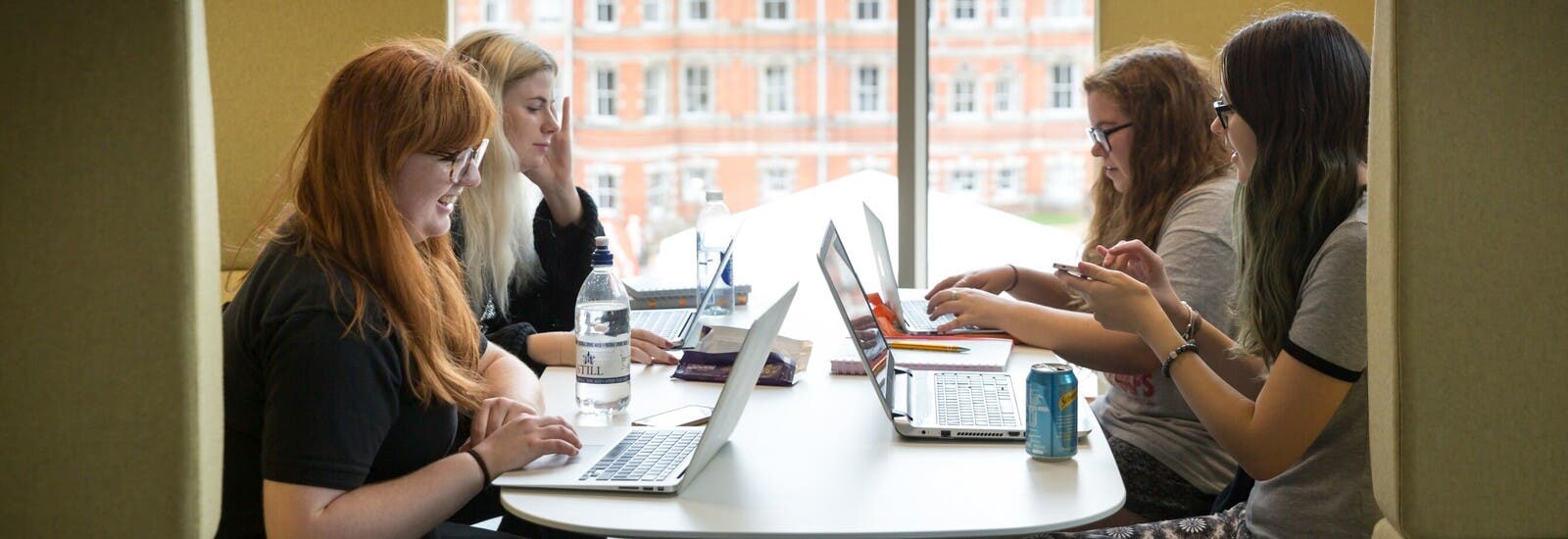Combined visa
Save time and money, and experience a seamless transition to undergraduate success, by studying our International Year One course and the remainder of your degree with one visa.
Doing this means you will benefit from:
- Just one visa required for the whole length of your study
- Alternatives to IELTS for UKVI can be used to join the International Year One programme*
- No need for an additional IELTS test before joining your undergraduate degree
- No visa requirement to return home between the courses
- Work up to 20 hours per week
- Ideal for students who have exceeded their two years of pre-degree study in the UK
*IELTS or equivalent required, alternatives accepted include TOEFL iBT, Pearson, IGCSE, IB, HKDSE, India HSC (recognised board), Malaysia SPM, WAEC.
Progression degrees
By successfully completing your International Year One, you will have the opportunity to continue your studies at Royal Holloway by joining the second year of an undergraduate degree. You will need the correct grades for progression, and these are subject to change. Our staff will offer counsel and advice about this when you are nearing the end of your programme.
You can study one of the following undergraduate degrees:
